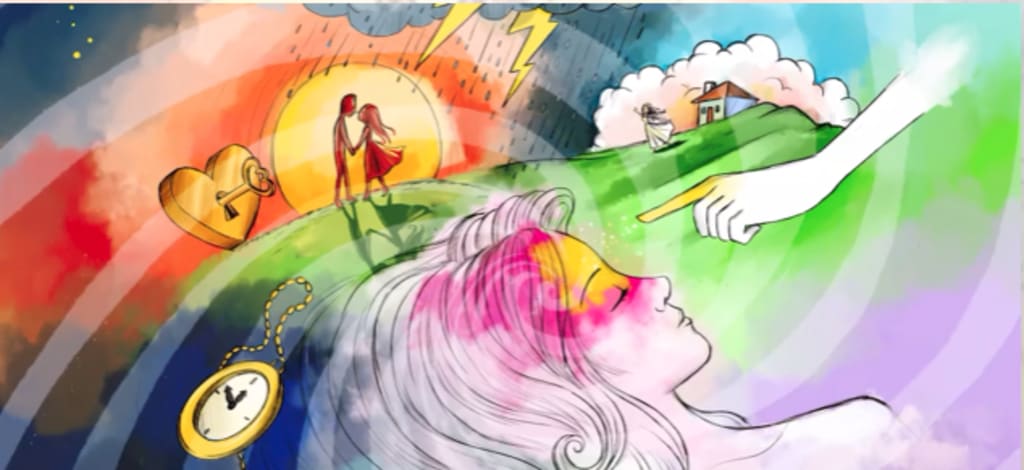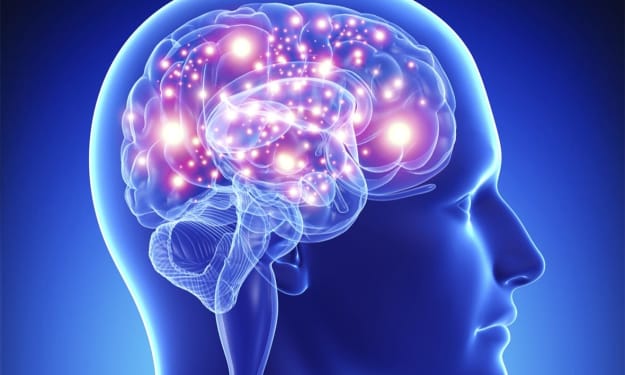
Mental Time Travel System: How We Navigate the Past and Future
Humans possess a unique ability that sets us apart from other animals - the ability to mentally travel through time. We can mentally project ourselves into the past and future, recalling events that have already happened or imagining those that are yet to come. This ability is called mental time travel, and it plays a crucial role in our lives, shaping our perceptions, decisions, and sense of self.
What is Mental Time Travel?
Mental time travel refers to the cognitive ability to mentally transport ourselves to a different time and place, in our imagination. It involves reconstructing past events or imagining future scenarios using a combination of sensory, emotional, and contextual information. When we engage in mental time travel, we essentially simulate possible outcomes of events based on our past experiences and current goals.
The Mental Time Travel System
Research suggests that mental time travel relies on a complex network of brain regions and cognitive processes. The Mental Time Travel System (MTTS) is a theoretical framework that explains how different brain regions work together to support mental time travel.
>>>VISIT YOUR PAST TO HELP YOUR PRESENT SELF CREATE YOUR FUTURE!
The MTTS is composed of several interconnected brain regions, including the medial temporal lobes, prefrontal cortex, and parietal cortex. The medial temporal lobes, which include the hippocampus and adjacent areas, play a crucial role in encoding and retrieving episodic memories. The prefrontal cortex, which is involved in planning, decision-making, and working memory, helps us imagine future scenarios. The parietal cortex, which is responsible for spatial orientation and attention, helps us navigate the imagined environments.
These brain regions work together to create a mental map of the past and future, allowing us to imagine and navigate different scenarios. The MTTS also involves various cognitive processes, such as attention, perception, and emotion, that shape our mental time travel experiences.
The Importance of Mental Time Travel
Mental time travel is a crucial cognitive ability that allows us to make sense of our experiences and plan for the future. It helps us understand how past events have influenced our current situation, and how our current actions can shape our future. Mental time travel also allows us to learn from our mistakes and plan for future challenges.
Moreover, mental time travel plays a significant role in our sense of self. It allows us to maintain a coherent narrative of our lives and establish a sense of continuity over time. By connecting past, present, and future, mental time travel helps us construct a sense of identity and purpose.
Mental Time Travel and Mental Health
Research has shown that mental time travel is closely linked to mental health. Individuals with depression, anxiety, or post-traumatic stress disorder (PTSD) often struggle with negative thoughts and memories that interfere with their ability to engage in mental time travel. They may find it difficult to imagine positive future scenarios, or they may be trapped in negative memories from the past.
On the other hand, individuals with a strong ability to engage in mental time travel may be more resilient to stress and better equipped to cope with challenging situations. They may also have a stronger sense of self and a clearer sense of purpose.
Conclusion
Mental time travel is a unique cognitive ability that allows us to mentally navigate the past and future. The Mental Time Travel System provides a theoretical framework for understanding how different brain regions and cognitive processes work together to support mental time travel. Mental time travel plays a crucial role in our perceptions, decisions, and sense of self, and it is closely linked to mental health. By understanding how mental time travel works, we can better understand ourselves and others, and develop strategies for improving mental health and well-being.





Comments
There are no comments for this story
Be the first to respond and start the conversation.